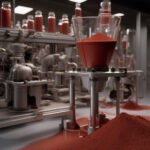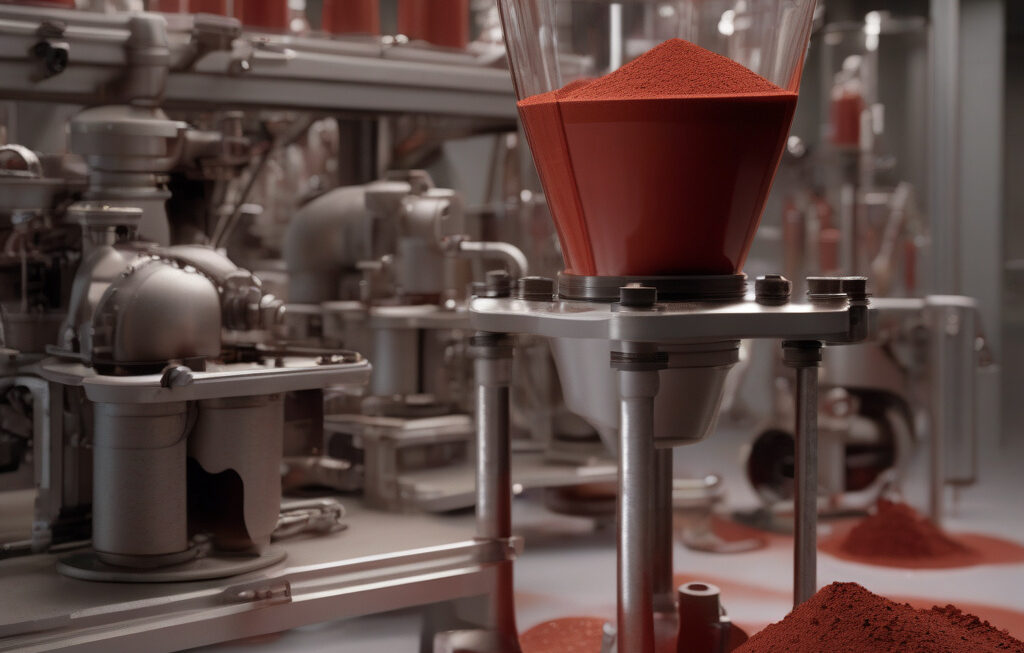Move over crude oil, scientists have found a way to turn plastic waste into paracetamol, a revolutionary drug-making method that could transform the pharmaceutical industry. This groundbreaking innovation not only addresses the global issue of plastic pollution but also provides a sustainable solution for producing essential medications like paracetamol in a fraction of the time it takes using traditional methods.
The traditional process of manufacturing paracetamol involves multiple steps, starting with the extraction of phenol from crude oil, which is then converted into the final product. This method is not only time-consuming but also heavily reliant on fossil fuels, contributing to environmental degradation and carbon emissions. With the new drug-making method developed by researchers, plastic waste can now be used as a feedstock to produce paracetamol in just 24 hours.
The process begins by collecting various types of plastic waste, including polyethylene terephthalate (PET) bottles, polypropylene containers, and polystyrene packaging. These plastics are then sorted, cleaned, and shredded into small pieces, ready for the transformation process. Through a series of chemical reactions and catalytic processes, the plastic waste is broken down into its basic chemical components, such as benzene, toluene, and xylene.
These chemical building blocks are then used as precursors in the synthesis of paracetamol, following a streamlined production pathway that eliminates the need for phenol derived from crude oil. By bypassing the traditional extraction process, the new method significantly reduces the carbon footprint of paracetamol production and offers a more sustainable alternative to conventional drug manufacturing.
In addition to its environmental benefits, the conversion of plastic waste into paracetamol also addresses the growing demand for pharmaceuticals worldwide. With an increasing population and rising healthcare needs, the pharmaceutical industry is under pressure to enhance production efficiency and sustainability. By embracing innovative solutions like this new drug-making method, companies can meet consumer demands while contributing to a cleaner, greener planet.
Furthermore, the versatility of this technology opens up possibilities for repurposing other types of plastic waste into valuable products. Beyond paracetamol, researchers are exploring the potential to convert plastic waste into other medications, chemicals, and materials, paving the way for a circular economy where waste is transformed into a valuable resource.
As we stand on the brink of a plastic crisis, with landfills overflowing and oceans filled with plastic debris, innovative solutions like the conversion of plastic waste into paracetamol offer a glimmer of hope for a more sustainable future. By harnessing the power of science and technology, we can not only tackle plastic pollution but also revolutionize the way we produce essential goods, shaping a world where waste is no longer wasted.
In conclusion, the new drug-making method that transforms plastic waste into paracetamol represents a significant leap forward in sustainable manufacturing practices. By turning a pressing environmental problem into a valuable resource for pharmaceutical production, researchers have demonstrated the power of innovation in addressing global challenges. As we move towards a more sustainable future, initiatives like this serve as a beacon of progress and a testament to the potential of science to create positive change.
plastic waste, paracetamol, drug-making method, sustainability, pharmaceutical industry












